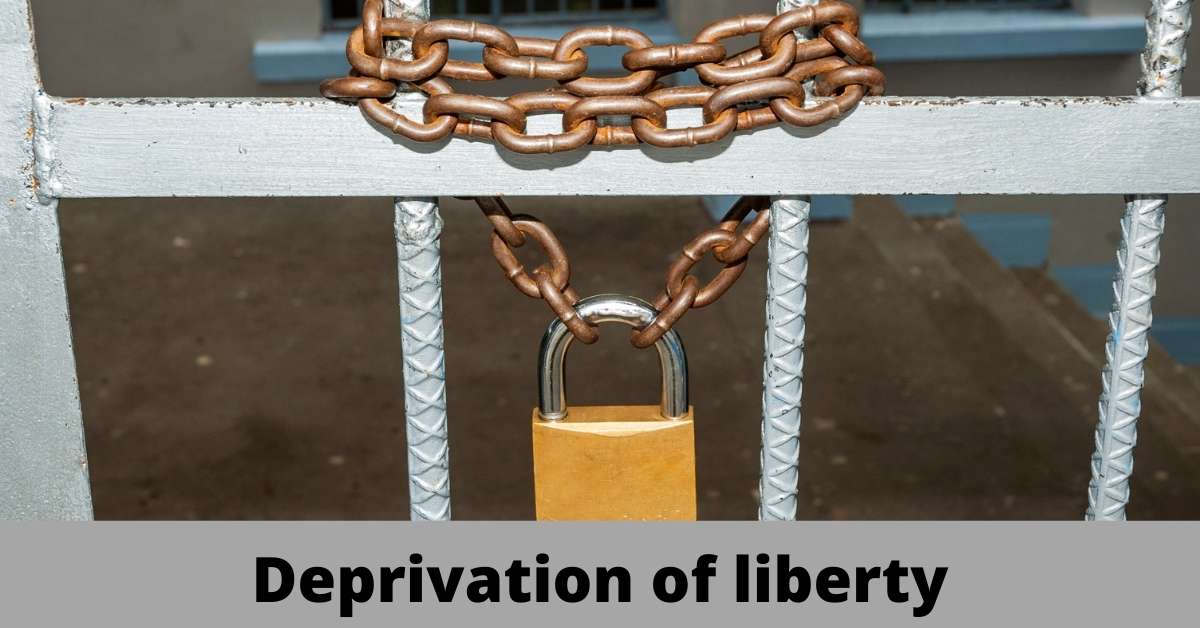Definition
A deprivation of liberty occurs when a person’s freedom is restricted in some way. It happens when: “The person lacks competence to consent to these arrangements and is continuously observed and controlled without the freedom to escape.”
Being free to do what you want and live where you choose is what liberty means. A person’s freedom is taken away when they are being deprived of their rights.
What is the purpose of deprivation of liberty safeguards?
These safeguards are primarily intended to prevent the arbitrary deprivation of liberty, but they also serve as a foundation for authorization in cases where it is necessary to restrict someone’s freedom in order to provide for their needs or treat them in a way that keeps them safe. A hospital or licenced care facility is designated as the “governing authority” under DOLS, while the local government or primary care trust is designated as the “supervisory body.” Even if some of these are shared, each has their own set of obligations. Managing authorities will have a responsibility to recognise current or potential DOL and refer them to the appropriate supervisory authority.
Nursing Revalidation provides best online training course for Mental Capacity Act and Deprivation of Liberty Safeguards (MCA and DOLS)
Five principles of DoLS
A deprivation of liberty has three elements:
- Objective element – confinement in a restricted space for a non-negligible period of time
- Subjective element – the person has not validly consented to confinement
- The detention being attributable to the state.
The Supreme Court has already declared that if you are subject to ongoing control and surveillance, are unable to leave, and lack the mental capacity to consent to these conditions, you are being deprived of your liberty for the purposes of Article 5. A deprivation of liberty determination will not consider certain factors, like as:
- No matter your feelings towards your incarceration.
- The reason you are being held back.
- How much it makes it possible for you to lead what can be seen as a somewhat typical existence. This means that when assessing whether you have been deprived of your liberty, you should not be compared to anyone else.
Difference between MCA and DoLS
Even though MCA and DoLS are sometimes combined, they are two separate acts.
The DoLS safeguarding is an addendum to the real Mental Capacity Act, thus not everyone covered by that Act is required to abide by the DoLS code of conduct. This is the fundamental distinction between the two.
Nursing Revalidation provides best online training course for Mental Capacity Act and Deprivation of Liberty Safeguards (MCA and DOLS)
Best online training course to learn Deprivation of liberty safeguards
Nursing revalidation provides best course to learn Deprivation of liberty safeguards This course describes in detail the many facets and procedures of the Mental Capacity Act. This includes who the act affects, when it applies, how to assess capacity and the procedures that can be put in place in the home or workplace to ensure best practices are followed and people are treated fairly at all times.
The Bottom line
The Deprivation of Liberty Safeguards (DoLS) is the legal process that must be followed when a resident or patient who lacks the mental ability to consent to their care and treatment must be deprived of their liberty in order to protect them from harm.

